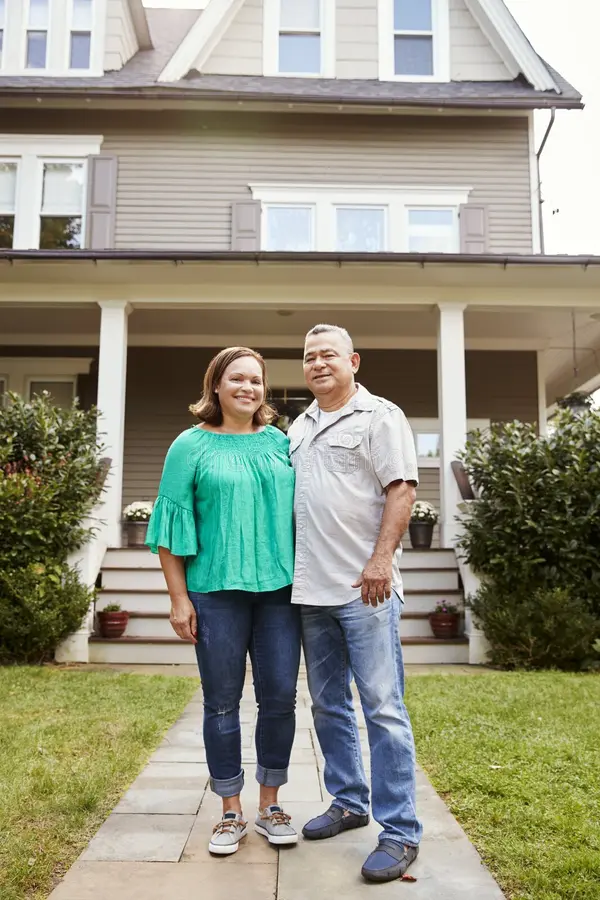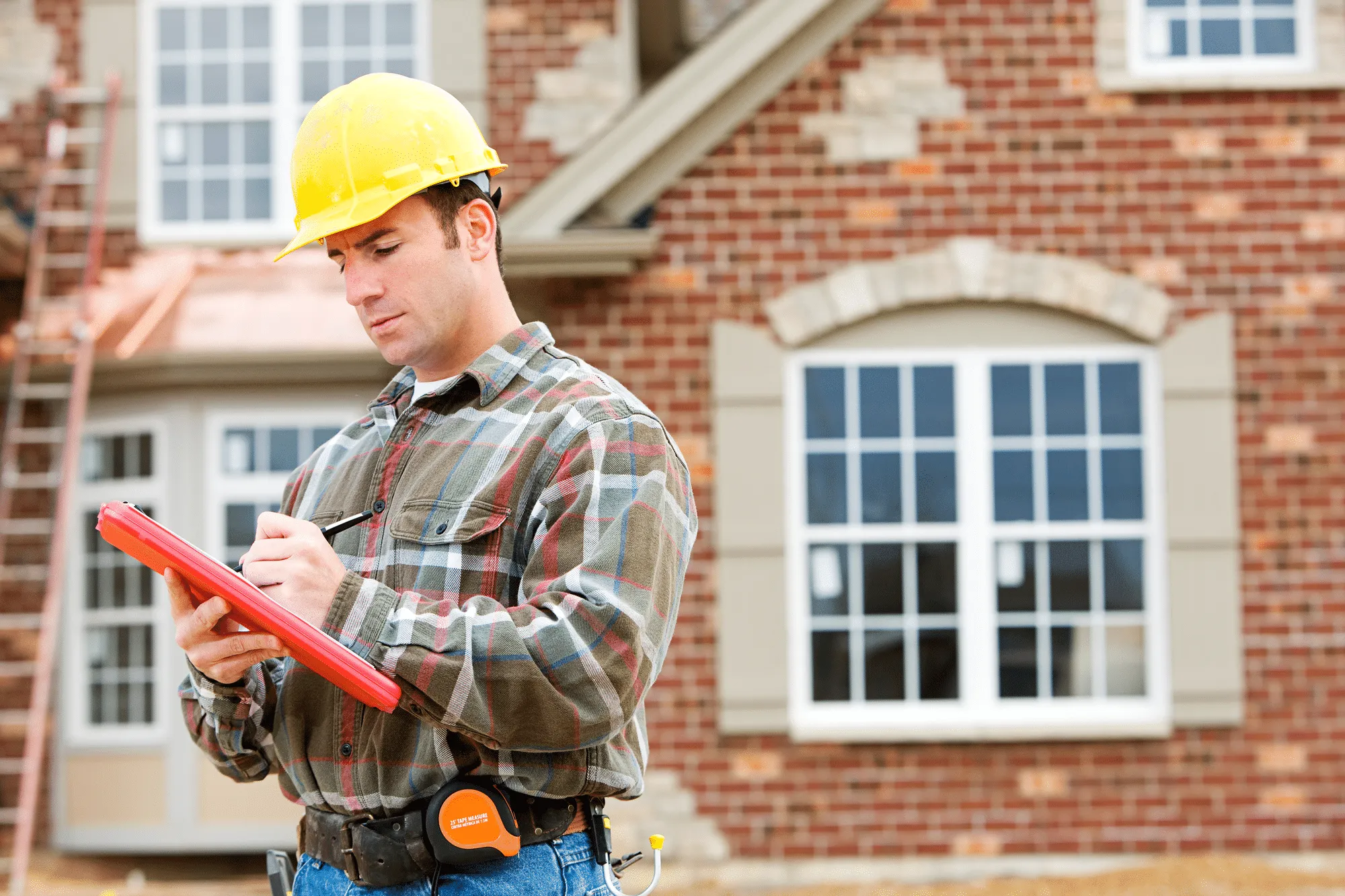Buying
Rent to Own, It's that Simple !
With the limited number of homes on the current U.S. market, you need a Realtor with the right connections, technology, and strategies to achieve your home-buying goals. Whether you’re feeling overwhelmed and want someone to take the wheel or you just need a second opinion. In any market condition, we got you covered. Rest assured Team Estates is the right company for any level of service and buying needs.

We Buy Houses For Cash In Minnesota
Sell Your Home As-Is
We buy houses as-is, which means exactly the condition it’s in right now.
Simple Sales Process
We employ a simple three-step process that cuts out the hassle and stress.
Close When You Want
We can close whenever you want, be it a couple of weeks from now or in a few months.
Competitive Cash Offer
It doesn’t matter how many repairs are needed in your house, we’ll deal with all of it!
No Agent Commissions Or Fees
We don’t work with middlemen like real estate agents, so there are no commissions or fees!
No Need To Clean
Leave the broom where it is, you don’t need to clean or remove unwanted items.

Home buyer Programs
Getting Started
There are several steps to the home buying process. Before you begin, it’s important to understand your budget, research the local real estate market and consult with a professional. Here’s a quick overview of the basic home buying process:
1
Establish a budget and get pre-approved for a mortgage: Before shopping for a home, it’s important to determine what you can afford in terms of a down payment, closing costs, and monthly payments. Once you have established a budget for your purchase, you can then apply for a mortgage pre-approval from a lender. This will allow you to know exactly how much you are approved for, which will help with the house shopping process.
2
Find an experienced real estate agent: Finding the ideal home involves more than simply scanning listings from the internet. A real estate agent can provide you with invaluable resources, not to mention knowledge of neighborhoods, local laws, market trends, and more. Having an experienced agent advocating for you and your interests can help to make the home buying process simpler and more enjoyable.
3
Make an offer on a home: When you’ve identified a home you’d like to purchase, your agent will help you make an offer. You’ll need to include information such as purchase price, financing arrangements, closing date, contingencies, and more.
4
Negotiate the offer: After making an offer, the seller may come back with a counteroffer. Your agent will help you navigate any negotiations.
5
Complete a home inspection: After coming to an agreement with the seller, you will want to arrange for a home inspection. This can offer you peace of mind by revealing any potential issues with the home and its systems.
6
Get homeowners insurance: Minnesota requires that you insure the dwelling and its contents. You can get a quote for coverage from an insurance agent before finalizing the purchase.
7
Close the deal: This is the final step before taking possession of your new home. All of the documents for the purchase need to be signed, and all of the funds need to be transferred. Once this is completed, the keys to your new home are yours—congratulations!
Make a Checklist of Must-Haves
Location
Availability of Amenities
Home Size
Proximity to Good Schools and/or Work
Home Floor-plan
Potential Resale Value
Number of Bedrooms
Overall Lifestyle w/Friends & Family
Numbers of Bathrooms
Accessibility to Public Transportation, Shopping and Entertainment
Examine Credit/Repair If Necessary

Examine Market Conditions

Earnest Money


Property Appraisal
Final Walk-Through
HUD/Settlement Statement
Save For Repairs & Maintenance
Renting Vs Owning
read more
Expert Help, Real Results

Meet the Team

Client Advisor
Jahi Viel

Client Advisor
Lynn Huynh

Client Advisor
Salih Bilal

Client Advisor
Charity Ashpole

Client Advisor
Tiffany Khotsombath

Client Advisor
Jony Charlson
Verified Hatim was great. He purchased my home As is and it was a quick process. He’s very knowledgeable and an awesome person to work with. Definitely an Asset to have and utilize. I’ll recommend him to anyone looking to buy, sell or simply invest. Thanks!Verified Hatim did a fantastic job helping us to sell my aunt’s home quickly. He was incredibly efficient, kind, and made a very stressful situation go smoothly. He had all the information right at hand and having not done this before he was such a great resource to us. I would highly recommend him. We were extremely pleased with the quick outcome. Thanks Hatim!Verified Hatim was very helpful with the sale of my father's home. He was quick, professional, and easy to work with. I would definitely recommend him to others!Verified Hatim bought my house to rehab and sell (which is not an option here in “Service Provided” so I chose “consulted”). It was a truly first rate experience. Hatim saw my house, made a same day offer and closed exactly on time. He was upbeat, helpful, and negotiated a fair market price for my “as is” property. He always answered my questions promptly, communication was excellent. I look forward to working with Hatim if I buy another home in Minnesota, and I would highly recommend him to anyone looking to sell a property.Verified I'm so glad to work with him. I went through two others before I decided to go with him!!! He's honest with his options, he was very patient, no rushing, and friendly. Easy going person to get along with!!!! He even gave us the best house warming gift anyone could ask for. Thank you so much for your hard work and putting up with the pickiest person ever! My realtor is better than yours!!!!Verified Hatim is the realtor who will help you find your home and not just try to sell you the property. He is not only a fun guy to work with, but a true professional with an in-depth knowledge and experience in Real Estate. Hatim did a great job of listening to what was important to us, and then, using his in-depth knowledge of the marketplace, provided us with many good options. He offered excellent advice and suggestions. Hatim was very accessible, answered phone calls quickly and was available for showing whenever we asked, he was always on time. During the entire process we felt like we were his only clients. Hatim provided excellent services in a patient and professional way, he always put ALL the facts in front of us about the property, he was very honest. Several properties didn't work out for one reason or another however he was always patient, full of humor and helped to keep our Moral high to find a Home. He shown us every property with same energy and joy. Finally, Hatim helped us to find our Home, We are very happy and blessed with our home. His knowledge of construction, building codes, home inspections, and contract negotiations is very impressive. Most importantly he knows the market very well and will talk straight with you about the market situation. He is thorough with all of his work and patient to answer any questions. He knows the bankers and mortgage officers, appraisers, and all the people who perform their parts in the real estate transaction. Even after the transactions, Hatim is always available to answer any questions and suggestions on home improvements. I recommended him to my Boss, Colleagues and friends and would recommend him to any buyer or sellerVerified Hatim is as honest and upbeat as anyone I've ever met. He tells it like it is and worked hard to get the perfect house for me. I am extremely satisfied and I'd work with him again in a heartbeat. He is great.Verified Hatim is fabulous. I began my search in October and found my home in February and he was always there for me with advice and encouragement. I know I looked at minimum of 100 homes and I was very particular about the home I wanted and wanted within my budget. Hatim stuck with me through all of it even when I was ready to throw in the towel on the search, thinking I would not find it. But when my house finally came on the market he went to bat immediatly to make sure I didn't miss my opportunity. I got everything I wanted and in my budget. Hatim is very caring and honest looking out for his clients best interest which is sadly a very rare thing in todays business world. I highly recommend him to anyone looking to buy or sell. A great realtor and now, someone I can call a great friend too.Verified Our experience with Hatim Bilal was wonderful. He was always there to answer any questions or concerns we had and always made himself available anytime we wanted to look at a house. He is very knowledgable and he honestly does care and it shows. When I found myself getting discouraged, he kept me focused on the big picture and alway reasured me that everything was going to be ok. Now, I can say we are the proud owner's of the towhome of our dreams. Thanks to Hatim!!Verified Hatim was immediately available for me every time I wanted to see a house, he guided me through the process every step of the way, and we arrived at a price that was good for everyone involved.
